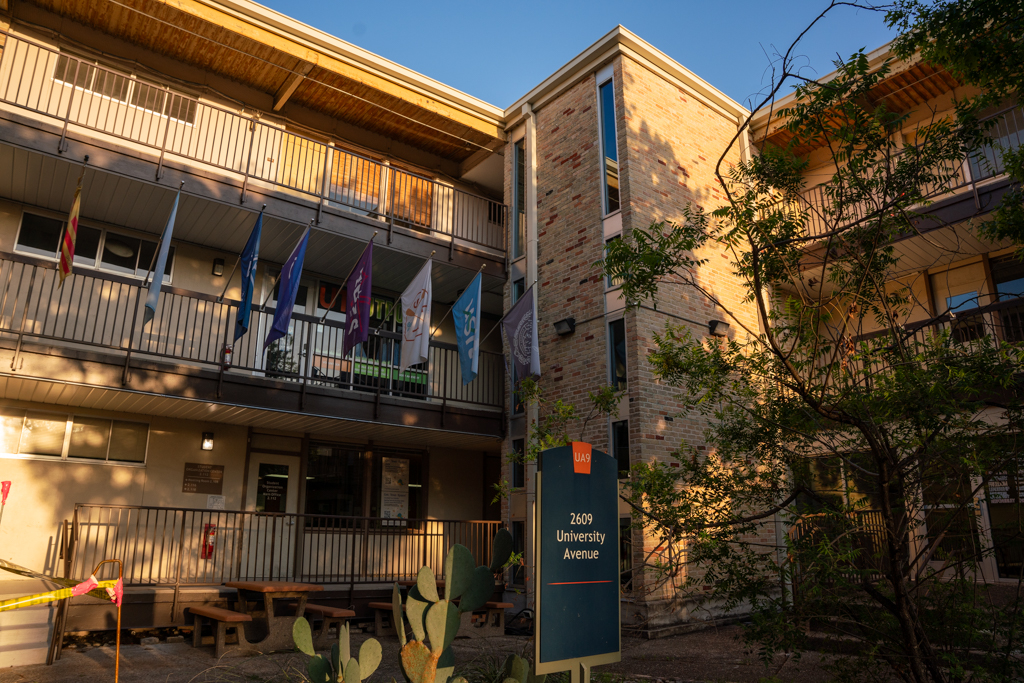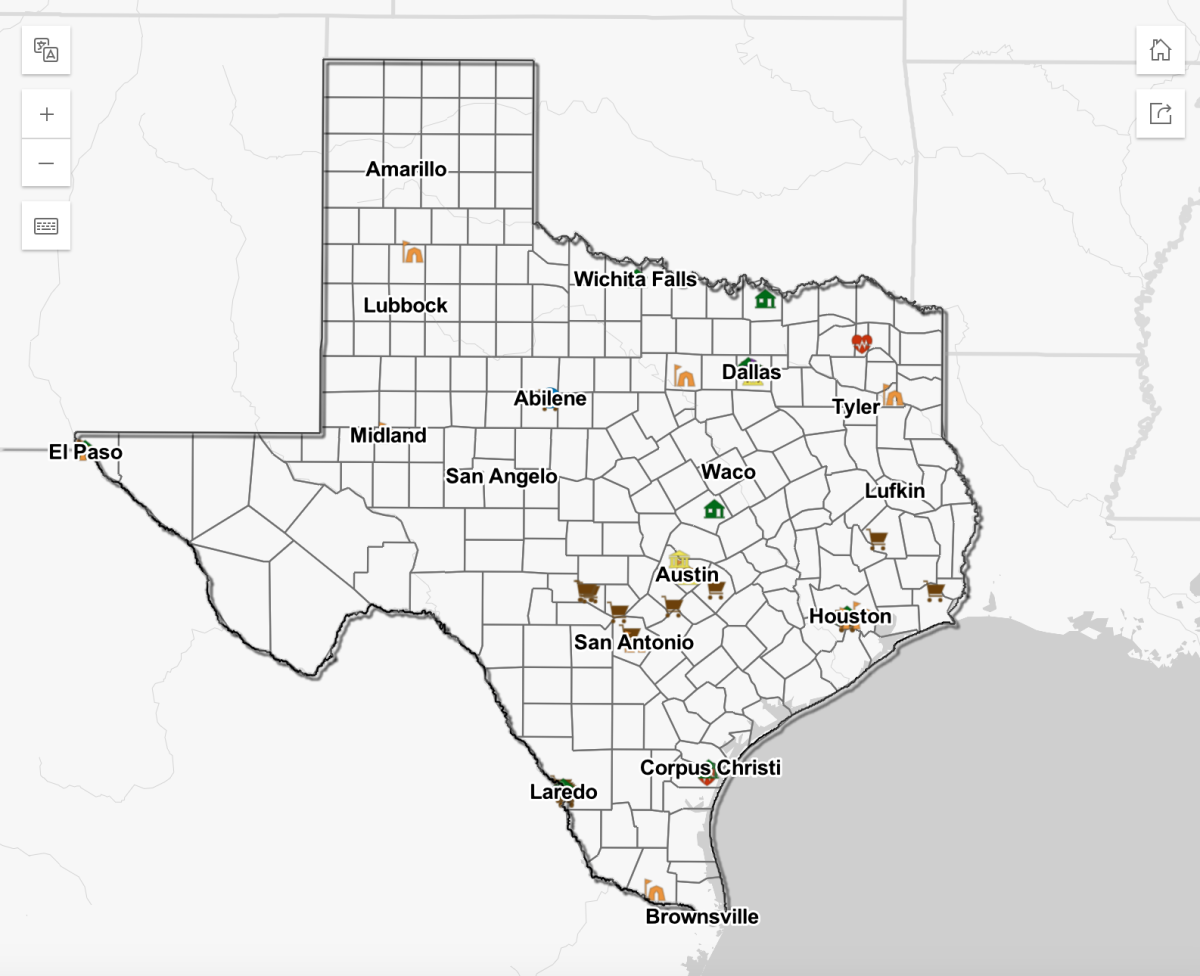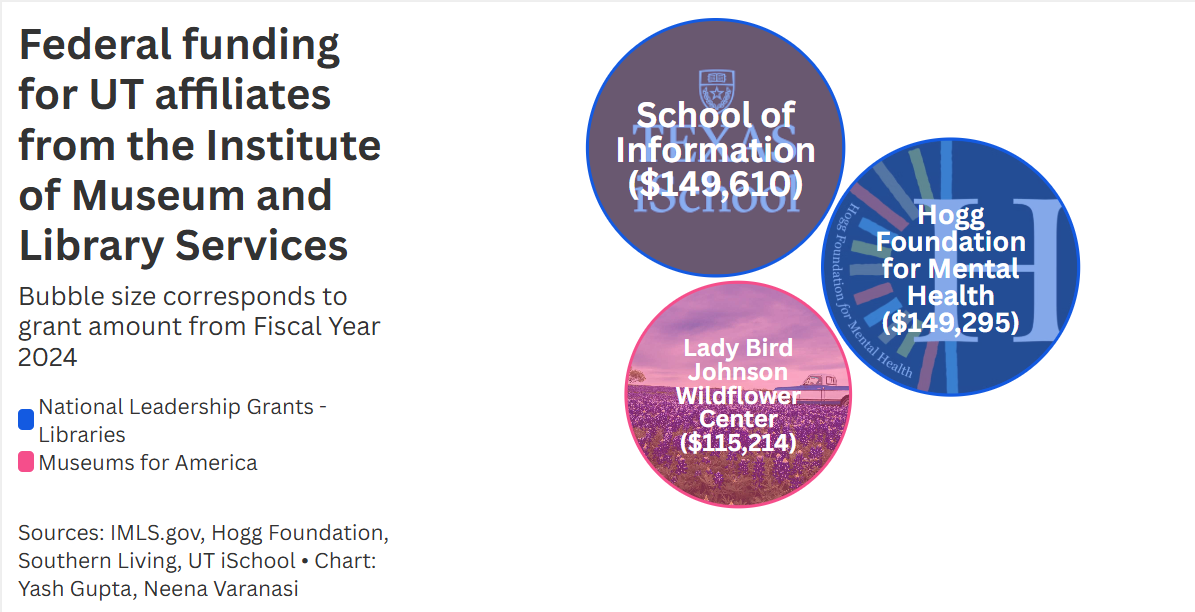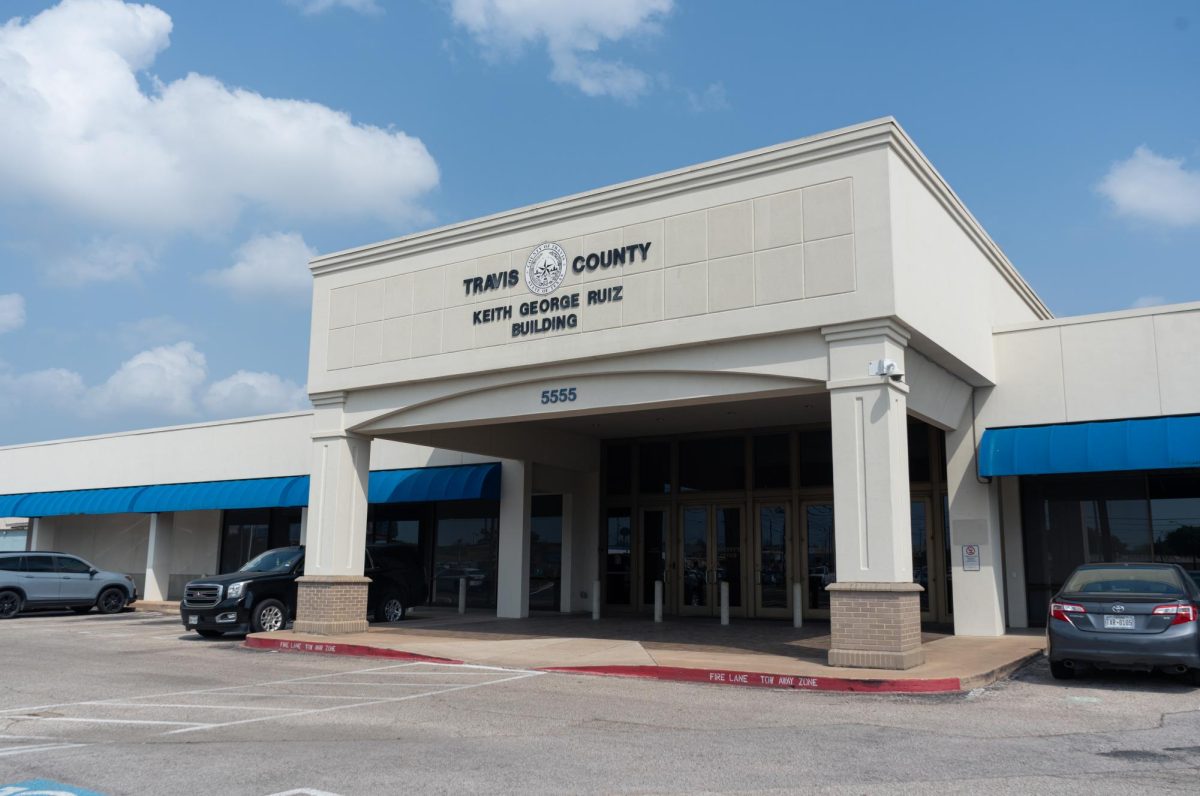Around 26,000 Texans are sexually assaulted each year, but because of a lack of service funding and accessibility, only about half seek help, according to a new UT study.
The state spent about $42.8 million on sexual assault law enforcement and adult sexual assault recovery programs in 2010. That’s an average cost of around $3,000 per victim, said Bruce Kellison, an associate director of the research arm of UT’s IC2 Institute. He said more funding is needed to streamline access and services for sexual assault victims.
“The short story here is the state of Texas has identified [sexual assault recovery organizations] as grossly underfunded and has tried to find new revenue streams,” Kellison said, who was involved in the study conducted by the University’s Institute on Domestic Violence and Sexual Assault.
Texas has 254 counties and only 83 rape crisis centers, forcing some victims to travel across multiple counties to seek emotional and psychological assistance, said Noel Busch-Armendariz, associate professor in the School of Social Work and lead investigator of the study. Victims also told Busch-Armendariz they left emergency rooms after discovering that the wait time for a forensic exam, which evaluates the physical condition of the person assaulted, was several hours.
“These programs are woefully underfunded,” Busch-Armendariz said. “We just need to give them a lot more support with regard to the work they are doing so we can give them the funding they need to meet all victims’ needs.”
To generate more revenue for these programs, the Texas Legislature passed the Sexually Oriented Business Fee Act in 2007. The Act requires all businesses in Texas that serve alcohol and allow nude dancing to pay a $5 fee for every person served. The fee, a portion of which will fund sexual assault prevention programs, was projected to raise $44 million over the first two years, according to The Associated Press. But the state comptroller has yet to release the funding because business owners sued, claiming the fee was unconstitutional.
The Texas Supreme Court ruled the fee constitutional Friday, bringing an unexpected victory for those in favor of the act, said Rick Gipprich, spokesman for Texas Association Against Sexual Assault.
“This is a very big win for us,” Gipprich said. “We will now have in place a sustainable funding source that will go directly to saving sexual assault survivors.”
It is likely that business owners will appeal the Court’s decision to the U.S. Supreme Court in the near future, which means the funding might not be released for another few years, Gipprich said.
“The projected path for the future of sexual assault programs is going to see the biggest hits in funding in the near future,” he said. “It comes at a perfect time if federal money is decimated.”
Gipprich said the money will help organizations market ways to prevent sexual assault and reach out to those seeking help, ultimately filling the gap.
“It’s not about us wanting money, money, money,” Gipprich said. “We work directly for, and with, hundreds of survivors and victims. It’s really about getting them the help they deserve.”
Printed on August 30, 2011 as: Appeal may delay funding for sexual assault victim resources




















